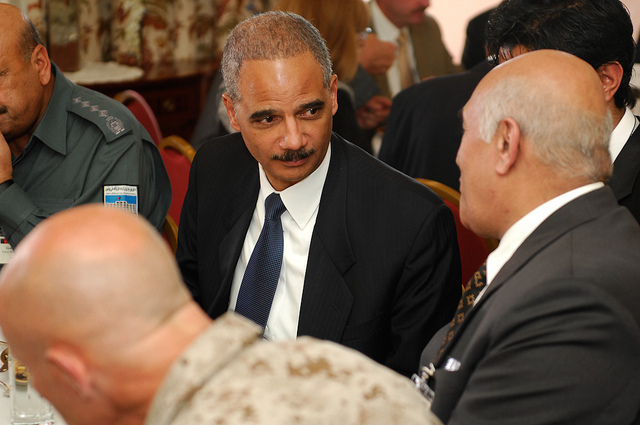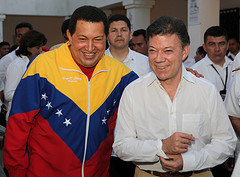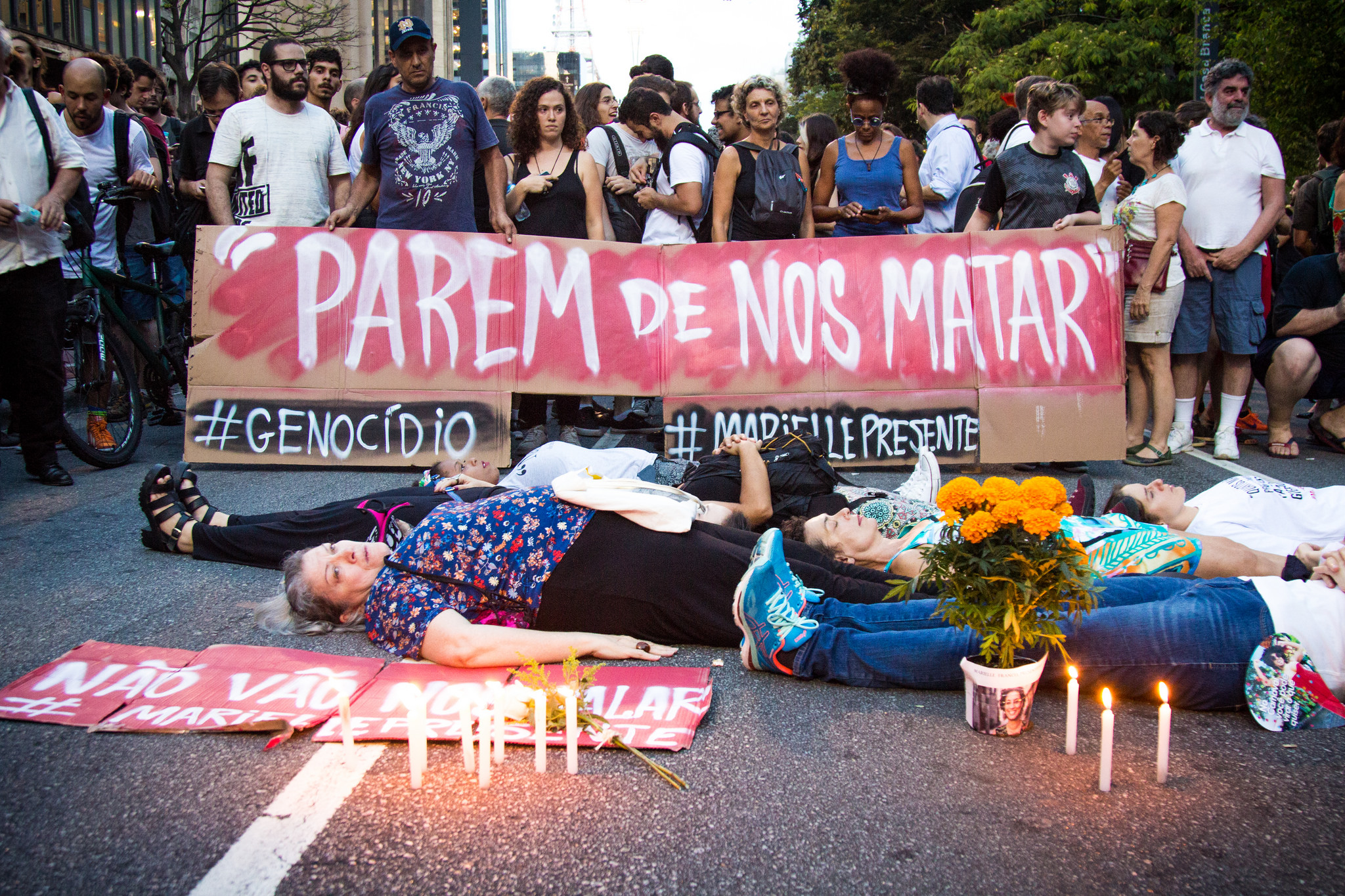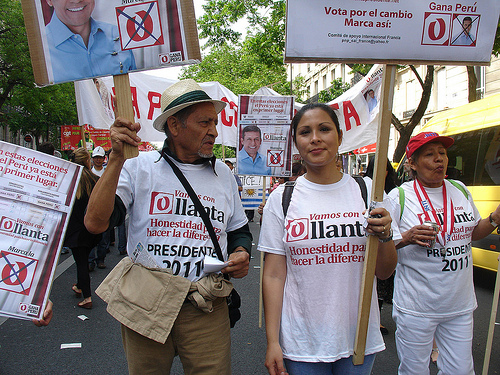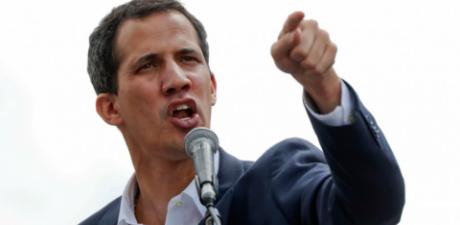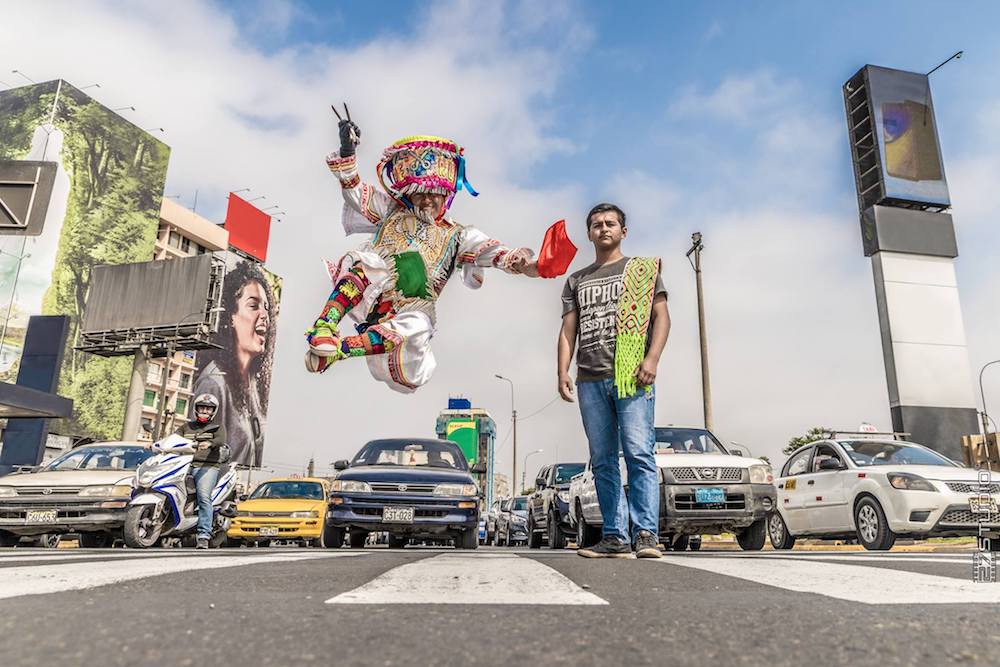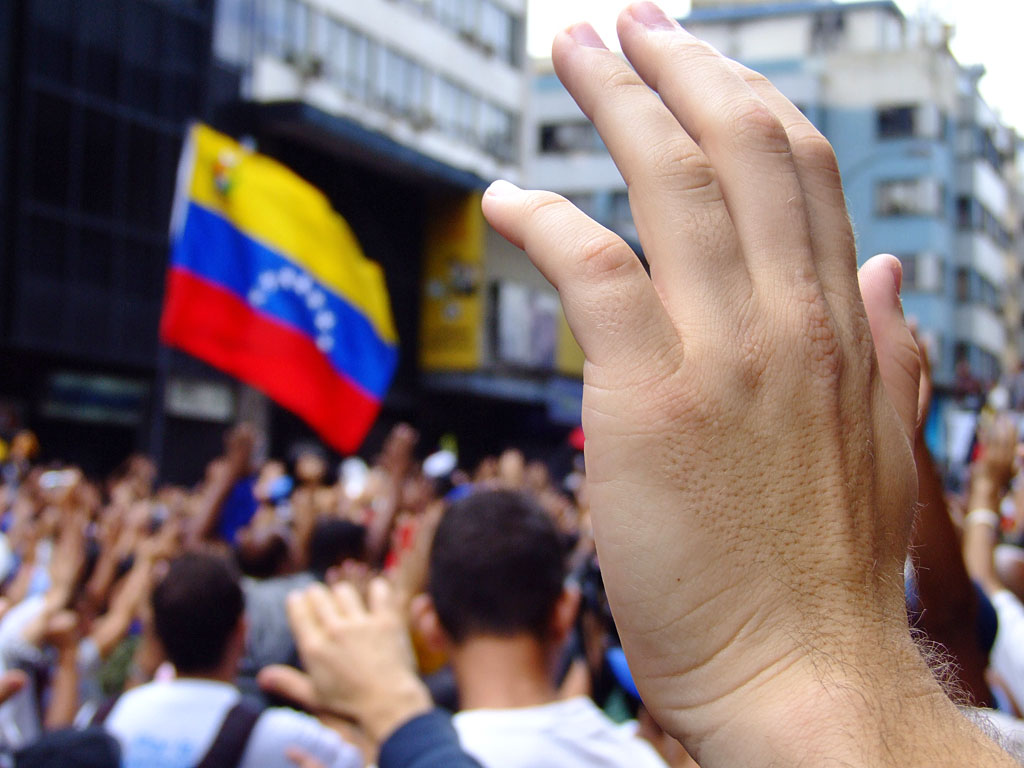
Latin America: Week in Review
Protesters, Armed Military Join Guaidó as He Moves to Oust Maduro
May 1, 2019 By Staff
TODAY IN LATIN AMERICA
VENEZUELA: Opposition leader Juan Guaidó released a video from the Carlota military air base calling for the definitive end to the government of Nicolás Maduro with the assistance of military personnel. In the video, Guaidó was accompanied by defected military units and Leopoldo López, an opposition leader formerly under house arrest, in calling for the final phase of “Operation Freedom.” Yesterday was the first time that the opposition was joined by armed military and national guard soldiers.
Mass protests erupted across the country shortly after Guaidó’s announcement, and Venezuelan media outlets report dozens of injuries so far. A crowd of at least 500 protesters were staged outside of the presidential palace in Caracas. Images of government armored personnel carriers running over protesters and soldiers firing weapons and tear gas have made their way out of the currently censored country. Venezuela’s UN ambassador, Samuel Moncada, told the press that Maduro has “defeated” the opposition’s attempts, even while many governments around the world continue to support the opposition’s advances.
Live updates can be found here.
HEADLINES FROM THE WESTERN HEMISPHERE
NORTH AMERICA
UNITED STATES: The Trump administration announced its support for the attempted Venezuelan opposition military uprising yesterday. Vice President Mike Pence tweeted, “We are with you! America will stand with you until freedom & democracy are restored” and National Security Advisor John Bolton stated, “If this effort fails, (Venezuela) will sink into a dictatorship from which there are very few possible alternatives.” President Donald Trump condemned Cuba’s involvement in Venezuela and tweeted his support for the Venezuelan opposition: “The United States stands with the People of Venezuela and their Freedom!”
UNITED STATES: Acting Secretary of Homeland Security Kevin McAleenan told the House Appropriations Committee yesterday that the Department of Homeland Security is expected to surpass its budget and requires additional funding. According to McAleenan, the White House will request additional funding to construct new facilities to process children and their families, while also increasing detentions. The request comes with the news that migration at the southern border reached a 12-year high in March.
MEXICO: The Mexican Senate approved new labor legislation late Monday evening which requires secret-ballot union votes and worker consent of contracts. The law paves the way for the implementation of the U.S.-Mexico-Canada trade agreement, as both the United States and Canada requested changes to Mexican labor law in order for approval. The new labor bill will now go to President Andrés Manuel López Obrador to be signed.
CARIBBEAN
HAITI: Haitian authorities said yesterday that they have killed the leader of a gang who was linked to last week’s incident where five people were fatally shot and seven were injured. Joany Caneus, police director, said that Jean Sony, known as “Tije,” died after a shootout with police. Sony was the suspected leader of the Savane Pistache gang, and Prime Minister Jean-Michel Lapin said the police are working to arrest other gang members suspected of involvement. Lapin congratulated Haitians for “following authorities’ instructions” during the police operation.
CENTRAL AMERICA
HONDURAS: On Tuesday, a smaller-than-usual migrant caravan departed from Honduras to make its way up north. Less than 300 people in San Pedro Sula left by bus and then on foot. This comes only a week after a caravan raid by Mexican police, which resulted in the dissolution of a previous caravan and hundreds of arrests. According to chat groups used to organize the migrants, there has been a general feeling of anxiety since the raid, especially as Mexican policies discourage the movement of large groups.
PANAMA: The level of Panama’s Gatun Lake has lowered as a result of droughts caused by El Niño, leading to worries about climate change’s effects on trade revenue. The Panama Canal Authority will impose draft limits this week on ships moving through the canal’s recently expanded locks, mandating that large cargo ships from the United States and China pass with fewer goods. Carlos Vargas, vice president of environment and water for the Canal Authority, said that this year’s dry season is the driest in Panama’s history.
ANDES
COLOMBIA: Two missing ex-FARC guerrilla commanders released a scathing letter directed towards Colombia’s transitional justice court yesterday. Hernán Darío Velásquez, also known as “El Paisa,” as well as Iván Márquez, one of the peace negotiators for the armed group, have refused to attend the country’s war tribunals and have gone into hiding because because of a “lack of guarantees” from the government. Since the peace accords were signed in 2016, over 90 FARC demobilized guerrillas have been killed.
PERU: Interior Minister Carlos Moran announced Monday that authorities deported 40 Venezuelans for concealing their criminal records. The migrants were rounded up in an early morning raid on Monday and sent back to Venezuela on a military plane a few hours later. This is the first expulsion of Venezuelans after more than 700,000 of them have migrated to Peru since 2015, many fleeing domestic economic conditions.
SOUTHERN CONE
CHILE: Venezuelan opposition leader Leopoldo López and his family received refuge at the Chilean diplomatic residence in Caracas after escaping house arrest yesterday. He later moved to the Spanish embassy. López and defected military units were seen yesterday morning accompanying opposition leader Juan Guaidó as he called for the end of Nicolás Maduro’s government. López, who is one of the opposition’s most well-known figures, was serving a 14-year sentence for leading anti-government protests in 2014.
